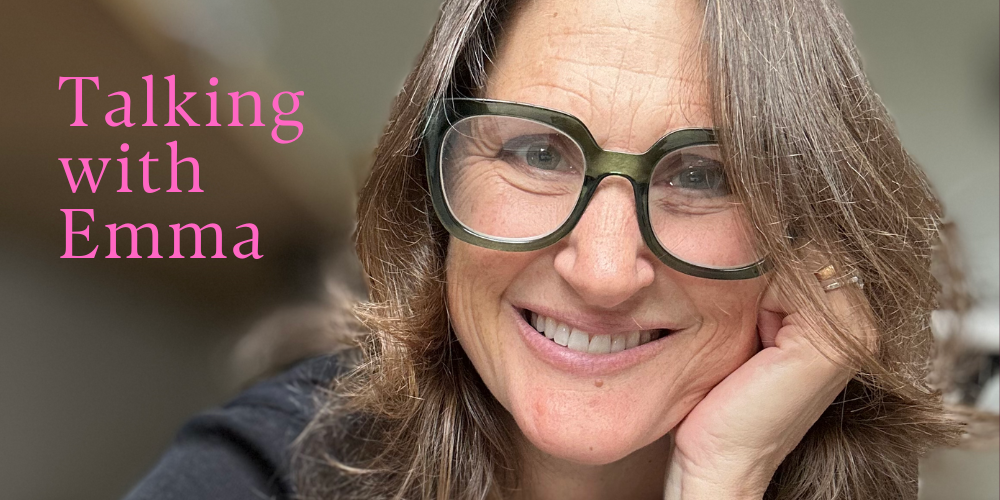The Brain vs Body Debate…
What nutrition research is showing.
It’s 2024, and no one says they’re dieting any more. I mean? It’s just not as socially acceptable as saying – I’m on a health kick, or I only eat whole foods, or I don’t do carbs, or I only eat after ten am. Others avoid processed foods, gluten, sugar.
Of course, there is nothing wrong with doing these things. And it’s 100% understandable to engage in them and expect them to improve your health. And hell, maybe they have.
The sneaky thing about having food rules is that they can erode our confidence and distract us from trusting our bodies. Having food rules by design means you are using your brain to tell you what to eat instead of your body.
Imagine using your mind to breathe or go to the toilet rather than listening to your body. Don’t worry about your body screaming to go to the loo. Ignore it. Have a bath. Go for a walk. You shouldn’t pee until midday – it’s much better for you. It sounds ridiculous, doesn’t it? And yet, the most common discourse we have about nutrition ignores our bodily signals. It asks, in the name of health, that humans use their brains to eat, not listen to their bodies.
This can lead to shame when the body overrides the mind. To continue the metaphor above, if a bladder gets too full and it’s ignored, it will eventually make us pee our pants. Using exactly the same mechanism, the body will override the mind and make us eat when it’s not getting enough. We might label this emotional eating, mindless eating, poor willpower, or plain old being bad. Then we beat ourselves up and double down. Relate, anyone?
Healthy nutrition rules have become the new diet. The question is, do food rules really improve health in the way we want them to?
Humans are born (barring rare genetic conditions) with the innate ability to eat what is right for their bodies. We are fitted with hunger, fullness and satisfaction cues that give us all the information we need.
Food rules distract us from our innate biological cues, which can lead to yo-yo cycling and shame spiralling. This can feel out of control, and like food and our bodies are the enemy.
Using the brain to eat can make us irritated and frustrated at our bodies rather than easy in them. It can make us hate seeing ourselves in photos and anxious about getting dressed. We start to wonder if others can see how well we are doing with our food rules and experience feeling judged.
Nutrition research is slowly taking a turn. It’s looking at how to reunite us with our innate ability to eat what is right for us. And the research is promising. Those who use their bodies to eat rather than their brains often end up naturally doing what we know leads to better health. They eat more veggies, more variety, and more plants. They feel more joy. They tend toward more balance. All without having rules around these things. That’s because our bodies want to feel good. They want to perform well, and when we get in a beautiful partnership with them – they rock.
Another effect of using our bodies to eat is that weight is more stable. Yo-yoing, binge-restricted cycling and out-of-control eating drop away.
I’m grateful every day to have learned the tools to eat this way and to help my clients move from chasing food rules to trusting their bodies. If you want to learn more about getting this goodness for yourself, see below for some good options.
Emma x
-
Book a 60-min no-cost consultation to see if 1:1 coaching is right for you
-
Check out the Women, Power & Wellbeing coaching program
-
FREE 90-minute MASTERCLASS: How to See Yourself in the Mirror and Get Dressed Anxiety-free


